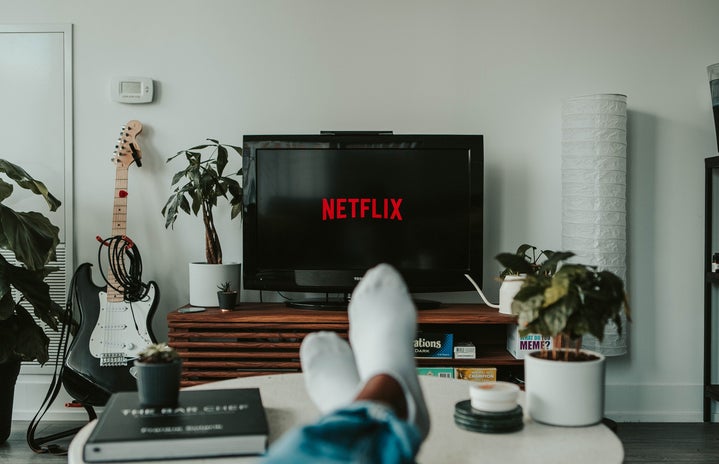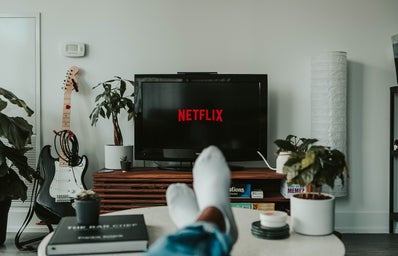Seeing Black people on television for ages has always shifted culture but it hit differently in the 1990-2009 range. From Moesha, to Sister, Sister, One on One, and Girlfriends, Black shows have always made it their duty to talk about issues within the community. Themes such as misogynoir, discrimination, and toxic family environments have been explored within Black TV shows. It is important that Black people are on TV showing the real-world hardships that Black people go through.
Being Black is not a monolith and Black shows not only demonstrate that but empower it in a beautiful way. You have spiritual, grown Black women, single and like to mingle type characters such as Andell and also Melanie from The Game, who is unreliable, stubborn, and a hint of selfish. Black TV shows bring characters to the screen that are not at all alike but that someone, in reality, can relate to. This is why Black television is so important. It brings enlightenment to the Black experience, but also highlights the Black beauty in more than one way (especially in the ’90s).
The resurgence of Black television on streaming outlets such as Hulu and Netflix is extremely important for the younger generations to be able to see shows that cater to Black audiences. Since there was a lack of Black TV shows for young Black children and young adults in the 2010- 2019 era, now that some shows are available to watch, it will spark an overwhelming love for Black culture and television.



